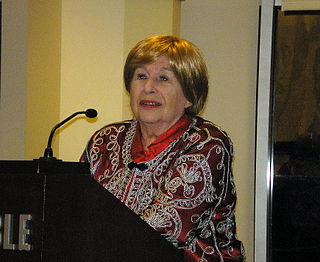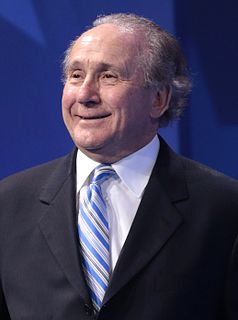A Quote by Joseph Brodsky
In America, a metrical poem is likely to conjure up the idea of the sort of poet who wears ties and lunches at the faculty club. In Russia it suggests the moral force of an art practiced against the greatest personal odds, as a discipline, solitary and intense.
Related Quotes
People probably long for something genuinely personal in a society where the personal is often indistinguishable from the "personalized." Maybe the poetry audience member is searching for his or her own "personal space" and they expect the poet to be a sort of avatar of the private life. But that sort of representation is distasteful to me. Asking a poet to represent the personal life is, paradoxically, to turn the poet into something other than a person.
I find myself absolutely fulfilled when I have written a poem, when I'm writing one. Having written one, then you fall away very rapidly from having been a poet to becoming a sort of poet in rest, which isn't the same thing at all. But I think the actual experience of writing a poem is a magnificent one.
The poet must not only write the poem but must scrutinize the world intensely, or anyway that part of the world he or she has taken for subject. If the poem is thin, it is likely so not because the poet does not know enough words, but because he or she has not stood long enough among the flowers--has not seen them in any fresh, exciting, and valid way.
I know that in a poem, even when the speaker is speaking from the poet's experience, there's always something that's borrowed, some authority that sits outside of the poet that the poem has claimed. There's a dramatic pitch that makes the speaker capable of saying something more courageous or stranger or simply other than what the poet would be able to say.
We are on strike against martyrdom—and against the moral code that demands it. We are on strike against those who believe that one man must exist for the sake of another. We are on strike against the morality of cannibals, be it practiced in body or in spirit. We will not deal with men on any terms but ours—and our terms are a moral code which holds that man is an end in himself and not the means to any end of others.





































